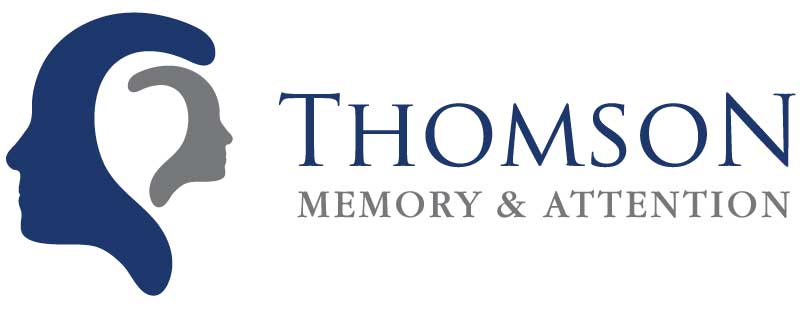Behavioral Difficulties
Evaluation & Diagnosis
What are behavioral difficulties?
Child behavioral difficulties can range from minor child misbehaviors (e.g., testing limits, minor noncompliance) to serious behavioral problems (e.g., aggression, stealing, destruction of property). In many instances, children demonstrate behavioral difficulties when they are having difficulty coping with a stressor in their environment (e.g., transitioning from one school to another, being bullied, parental marital problems). These behavioral difficulties typically go away after the stressful moment passes. However, some behavioral difficulties can persist even when the stressors are gone and can negatively affect daily functioning. Examples of persistent behavioral problems include Oppositional Defiant Disorder, Intermittent Explosive Disorder, and Conduct Disorder, Pyromania, and Kleptomania. Typically, these serious behavioral problems first occur during childhood or adolescence and may persist into adulthood if left untreated.
What are the signs of behavioral difficulties?
Signs of persistent behavioral disorders may include:
- Persistent feelings of anger, frustration, and irritability,
- Emotional outbursts that seem to be out of proportion with the triggering event,
- Persistent and deliberate defiance of authority figures,
- Vindictiveness, deceitfulness, spitefulness,
- Physical aggression toward property, other individuals, or animals, which may or may not result in physical injury or destruction of property, or
- Serious violation of rules, such as stealing objects that are not needed for personal use, truancy, deliberately setting fires.
Based on clinical interview and test data gathered during your neuropsychological evaluation, our Thomson neuropsychologists can determine what type of presentation is a better fit for your particular case.
How do you treat behavioral difficulties?
If your child has a minor or serious behavioral problem, it is important to obtain the recommended services and interventions discussed with a neuropsychologist. Obtaining appropriate interventions are crucial to avoid further decline in academic or occupational performance. Thomson’s neuropsychologists can help you better understand your child’s needs and refer you to appropriate services.
Thomson’s cognitive rehabilitation therapists can partner with you and/or your child to teach behavioral strategies (e.g., stop-and-think method, behavioral management). Our therapists are skilled in addressing the impact of child behavioral problems on both your and your child’s psychological health so that feelings of frustration, depression, or anxious worry do not worsen. Our neuropsychologists can discuss how to obtain an individualized classroom education plan for your child to get specific accommodations at school as a means to maximize your child’s ability to benefit from education and demonstrate his/her skill set. We are ready to provide you referrals to outside providers who may help facilitate your or your child’s academic and work performance.
